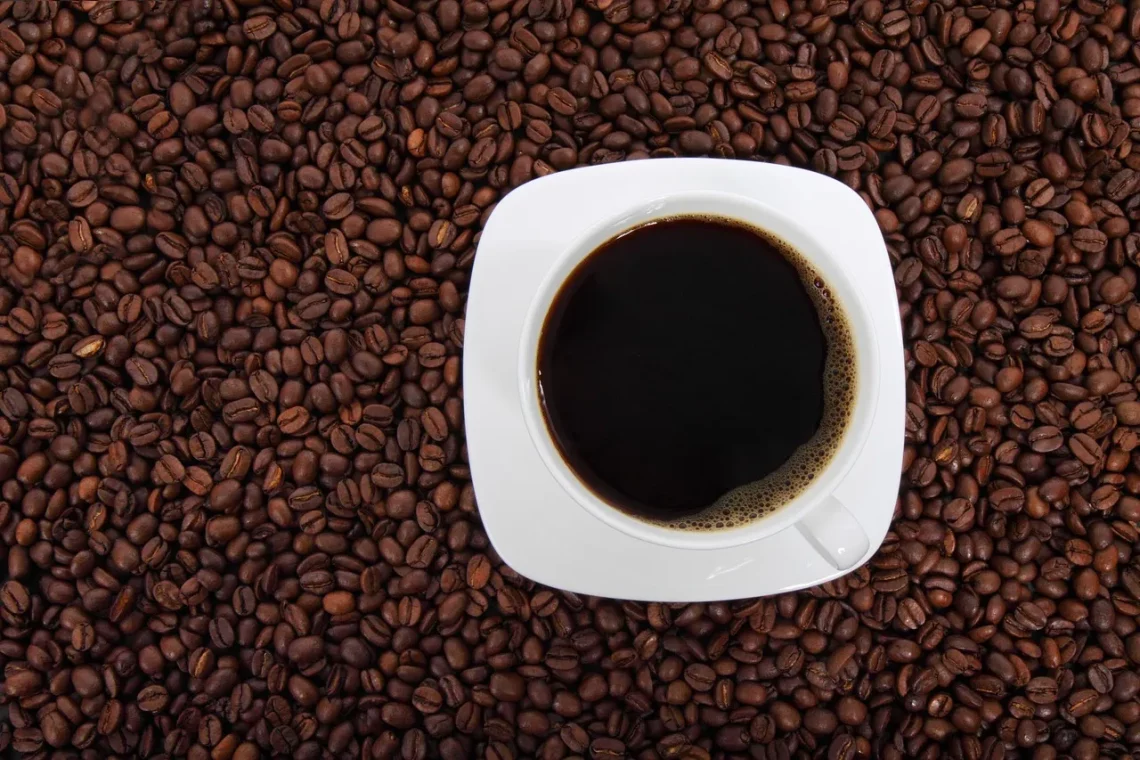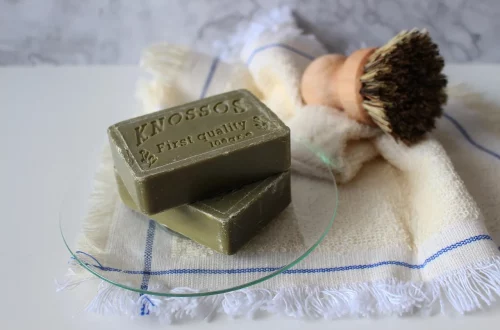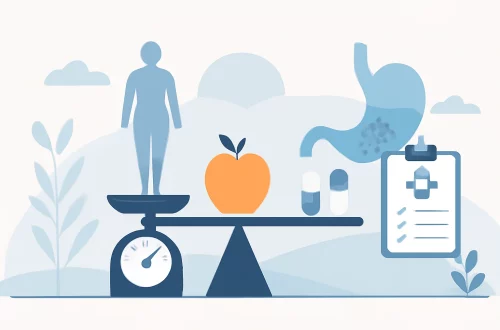
Decaf or Faced: Choosing the Right Beverage for Your Lifestyle
In today’s fast-paced world, beverage choices have become an integral part of our daily routines. The morning ritual of sipping on a warm cup of coffee or the afternoon pick-me-up of a refreshing drink can greatly influence our energy levels and overall mood. As consumers become more aware of their health and wellness, the debate between caffeinated drinks and their decaffeinated counterparts has gained traction. With countless options available, it’s essential to consider how these choices align with our lifestyles, preferences, and health goals.
Caffeine, a natural stimulant found in coffee, tea, and various energy drinks, is known for its ability to enhance alertness and improve focus. However, for some, the jitters, anxiety, and potential sleep disturbances caused by caffeine can outweigh these benefits. On the other hand, decaffeinated beverages offer an alternative that allows individuals to enjoy their favorite flavors without the stimulating effects of caffeine. This creates an interesting crossroads for many consumers as they weigh their options based on taste, health benefits, and personal lifestyle choices.
Whether you’re a seasoned coffee lover, a tea enthusiast, or simply someone looking to make healthier beverage choices, understanding the implications of your drink can help you find the perfect match for your lifestyle. This article delves into the nuances of caffeinated versus decaffeinated beverages to help you navigate the myriad of choices available.
The Benefits of Caffeine in Your Daily Routine
Caffeine has long been celebrated for its energizing properties. Found naturally in coffee, tea, and certain soft drinks, it serves as a popular stimulant that can enhance both physical and mental performance. Many individuals rely on their morning cup of coffee to jumpstart their day, benefiting from increased alertness and improved concentration. Research has shown that caffeine can enhance cognitive function, making it easier to tackle tasks that require focus and attention.
In addition to cognitive benefits, caffeine can also play a role in physical performance. Athletes often consume caffeinated beverages before workouts to boost their endurance and decrease perceived exertion. Studies suggest that caffeine can enhance athletic performance by increasing adrenaline levels and releasing fatty acids from fat tissues, thereby providing a quick source of energy for the body.
Moreover, caffeine has been linked to a variety of health benefits. Some research indicates that moderate coffee consumption may be associated with a reduced risk of certain diseases, including Parkinson’s disease, Alzheimer’s disease, and even some types of cancer. The antioxidants found in coffee and tea can contribute to overall health by combating oxidative stress in the body.
However, it’s important to acknowledge that caffeine is not for everyone. Individuals with certain health conditions, such as anxiety disorders or heart issues, may experience adverse effects from caffeine consumption. Additionally, excessive intake can lead to insomnia, increased heart rate, and digestive issues. Consequently, it’s essential to find a balance that works for your body and lifestyle.
Decaffeinated Beverages: A Healthier Choice?
For those who love the taste of coffee or tea but wish to avoid the stimulating effects of caffeine, decaffeinated options are a wonderful alternative. The decaffeination process removes most of the caffeine while preserving the flavor profile of the beverage. This allows individuals to enjoy their favorite drinks without the potential side effects associated with caffeine consumption.
One of the significant advantages of decaffeinated beverages is their ability to be enjoyed at any time of the day without the concern of disrupting sleep patterns. Many people find themselves reaching for a cup of decaf coffee in the evening or opting for herbal teas that are naturally caffeine-free. This flexibility makes it easier to incorporate these beverages into a balanced lifestyle.
In addition, decaffeinated drinks can be beneficial for those sensitive to caffeine or experiencing side effects such as jitteriness or anxiety. By choosing decaf, individuals can still partake in social settings or savor a warm drink without feeling overstimulated. Additionally, many decaf options retain the antioxidants and beneficial compounds found in their caffeinated counterparts, offering health benefits without the drawbacks of caffeine.
It’s worth noting that not all decaffeinated options are created equal. Some decaf coffees are processed using chemical solvents, which may raise concerns for health-conscious consumers. Therefore, it’s advisable to seek out decaf options that are labeled as water-processed or organic, ensuring a cleaner and more natural product.
Finding Balance: How to Choose the Right Beverage for Your Lifestyle
When it comes to choosing between caffeinated and decaffeinated beverages, finding the right balance is essential. The decision often depends on personal preferences, lifestyle, and health considerations. Individuals who thrive on caffeine may find that a moderate intake enhances their productivity and mood. Conversely, those who prefer a more relaxed approach may opt for decaf or herbal options.
Consider your daily routine and how your beverage choices fit into it. If you have a demanding job that requires high levels of concentration, a morning coffee might be an essential part of your regimen. However, if you find that caffeine leads to increased anxiety or disrupted sleep, it may be time to explore decaf alternatives.
Additionally, it’s important to be aware of the timing of your caffeine consumption. Many experts recommend limiting caffeine intake after midday to ensure a good night’s sleep. If you enjoy coffee or tea in the afternoon or evening, consider switching to decaffeinated versions to avoid any potential disruptions to your sleep cycle.
Social settings also play a role in beverage choices. If you find yourself in a café with friends who are sipping on lattes, you might feel inclined to join in with a decaf option. This way, you can enjoy the social aspect without compromising your health goals.
Ultimately, the key to choosing the right beverage lies in self-awareness and experimentation. Trying out different drinks, both caffeinated and decaffeinated, will help you understand your preferences and how each affects your body and mind.
The Social and Cultural Dimensions of Beverage Choices
Beverage consumption is not just a matter of health; it also encompasses social and cultural dimensions. Coffee culture, for example, has become a significant part of many societies, with coffee shops serving as communal spaces for connection and conversation. The ritual of sharing a cup of coffee or tea can foster relationships and create lasting memories.
In some cultures, tea holds a prominent place, symbolizing hospitality and warmth. Decaffeinated teas offer a way to partake in these traditions without the stimulating effects of caffeine. This enables individuals to enjoy the social aspects of beverage consumption while adhering to their health preferences.
Furthermore, the rise of specialty coffee and artisanal tea has led to an increased interest in the origin and quality of the beverages we consume. Consumers are becoming more discerning about the sourcing and production methods of their drinks. This trend has given rise to a market for organic and ethically sourced decaffeinated options, catering to individuals who prioritize sustainability and health.
As you navigate your beverage choices, consider the social implications and cultural significance of your drinks. Whether you’re enjoying a cup of coffee with friends or savoring a peaceful moment with herbal tea, understanding the broader context of your beverage choices can enhance your overall experience.
In conclusion, whether you lean towards caffeinated or decaffeinated beverages, the choice ultimately lies in personal preference and lifestyle. Both options offer unique benefits and considerations, making it essential to explore what works best for you. As always, consult with a healthcare professional if you have specific health concerns or dietary restrictions.
*Disclaimer: This article is for informational purposes only and should not be considered medical advice. Always consult with a healthcare professional regarding any health-related issues or dietary changes.*




